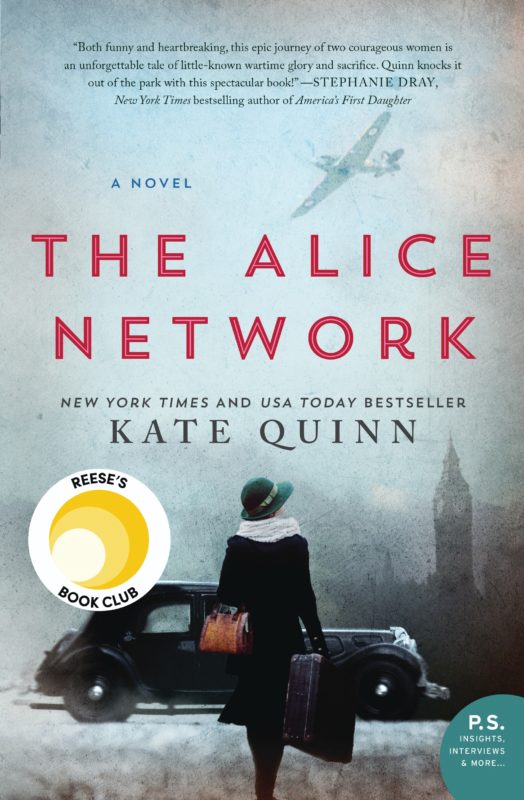In honor of Mother’s Day, I thought I’d do a post on great historical mothers. Only I can’t think of any great historical mothers–not because they didn’t exist, but because the idea of motherhood changes so radically from era to era. What does constitute a good mother in times past?
For one thing, mothers of the past resigned themselves to losing a lot more children than mothers of the present. Frankly I don’t know how they did it–some scholars like to explain glibly that pre-20th century mothers simply didn’t bond with their children as much because they knew so many would die, but I’m not buying it. Is it so easy to disassociate with your babies? To re-iterate: not buying it.
For another thing,the aims of motherhood in the past changed depending on social status. A peasant woman simply hoped to have enough living children to help with the farm and support her in her old age. A Queen hoped for a few sons to solidify the royal dynasty, and a few spare princesses to cement the odd treaty. In neither case was a mother considered bad if she urged her fourteen-year-old to marry a man in his forties (He’s a wool merchant who will keep you in nice dresses! He’s King of Spain and we need the alliance!) And royal mothers usually were not close and cozy with their children: infant princes and princesses were usually shuttled off to wet-nurses and their own separate households within weeks of birth.
Of course, even with those standards mothers varied. Anne Boleyn, an admittedly lousy stepmother who encouraged her ladies to abuse poor Mary Tudor, cherished little Elizabeth and had to be forbidden from nursing her baby daughter at her own breast–almost unheard-of among queens. Catherine de’Medici, author of the St. Bartholomew’s Day massacre, tried to tend her children with homemade remedies when they were ill, and found herself supplanted by her husband’s mistress who had been appointed keeper of the royal nurseries. A great insult–no wonder she kicked the woman to the curb the minute she could.
Other historical mothers, of course, were not so good. Isabeau of Bavaria is perhaps the worst mother in history–preoccupied with a mad husband and an unstable realm, she was content to let her younger children go completely neglected; they roamed a dusty deserted palace without servants, clean clothes, or even regular meals. I’ve noticed that Vanora Bennett’s recent novel of the same era called The Queen’s Lover drew complaints from readers who found it hard to believe that the children of a king could have ranged so freely without supervision–well, they did. Peasant children lived better than those poor little princesses, who had only intermittent interest from their queenly mother until they grew old enough to marry off.
Thankfully, historical fiction is better than history at providing great mothers, and I will mention a few in honor of Mother’s Day. Katie Nolan from A Tree Grows In Brooklyn, an uneducated housewife who guarded her children’s safety, education, and future with dragon-like ferocity, and shot in cold blood a pervert who attempted to prey on her teenage daughter. Laura Ingalls Wilder’s mother from the “Little House” books, who slapped a grizzly bear when it threatened her milk cow, and kept her children cheerful through desperate games during a six-month North Dakota winter. And Scarlett O’Hara from Gone With The Wind, who might have been a wash at tender nurturing but kept her children fed during the worst years of post-Civil War depression, and even safe-guarded their pride–as in the moment when she let her mother’s sewing box to go to a Yankee raider, but begged to keep the sword belonging to her long-dead husband, because she knew her son cherished it above anything else.
Mothers. Even in history, there is no escaping them. Nor would we wish to.







